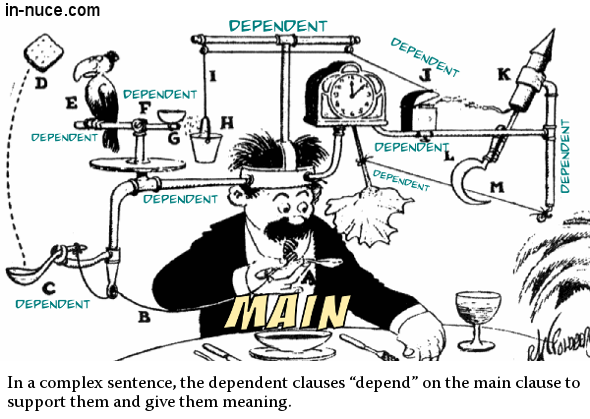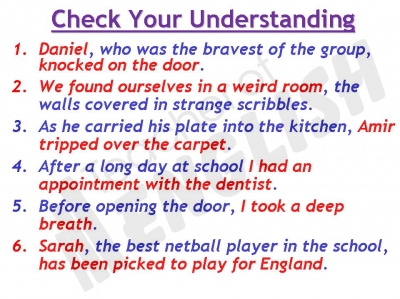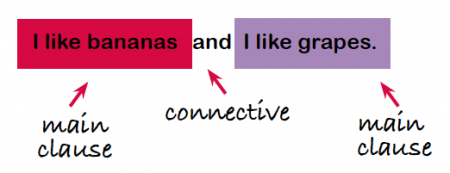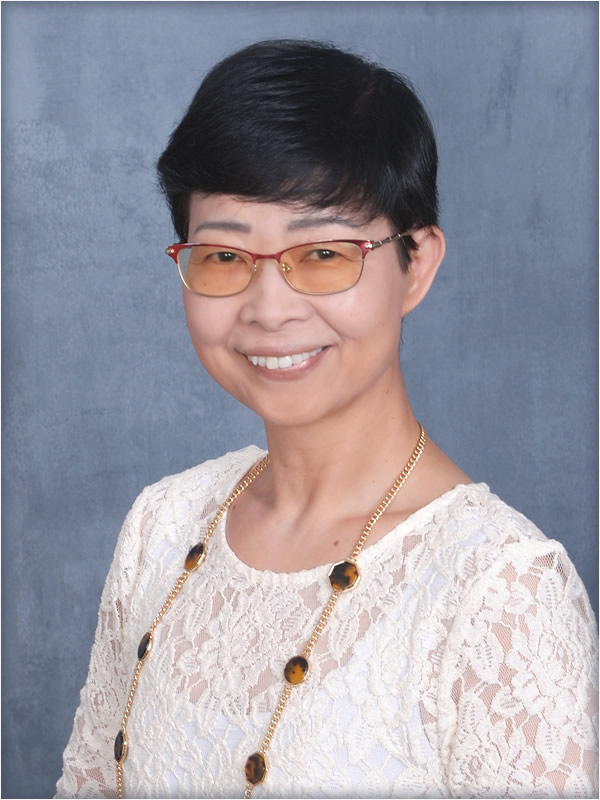How To Use Conjunctions (6)
(https://en.wikipedia.org/wiki/Conjunction_(grammar)#Subordinating_conjunctions)
(Get a picture?)
(Red parts are main clauses!)
(This is possible, too!)
Today’s topic is ‘Node.’ As usual, I would use Japanese Grammar (Keiko Uesawa Chevray & Tomiko Kuwahira, The McGraw-Hill Company Inc., 2011) as a reference.
Node
The “node” clause refers to a “cause” or a “reason” for the statement of the main clause. Since “node” is used in an objective statement, the subjective expression, such as “- mashoo (=let’s -),” “- te kudasai (= please do -),” and so on, does not take place in the main clause, while “kara” allows those subjective expressions in the main clause. (Japanese Grammar)
I. Noun / Na-adjective +node
The plain non-past copula “da” is replaced by “na” when the statement in the “node” clauses is in the present tense. (Japanese Grammar)
1. Ii tenki na node, koen-wa hito-ga ooi desu. (= The park is full of people because of the nice weather.)
2. Uta-ga suki na node, yoku karaoke baa-ni ikimasu. (= I like singing, so I often go to a karaoke bar.)
II. I-adjective + node
1. Uchi-wa koko-kara tookunai-node, aruite kaerimasu. (= My house is not far from here, so I will walk home.)
2. Okane-ga hoshii node, arubaito-wo sagashite iru. (= I’m looking for a part-time job because I want money.)
III. Verb + node
1. Rainen Nihon-e iku node, nihongo-no benkyo-wo hajimeta. (= I began to study Japanese because I will go to Japan next year.)
2. Toshokan-ga shimatte iru-node, hon-ga kariraremasen. (= I cannot borrow a book because the library is closed.)
Don’t stop, but proceed!
You’ll get to the goal!
Special Trial Lesson $19.99 <– Click here!
By the way –
Have you started to make compound sentences?
Email them to me,
and I will correct them for YOU!!







